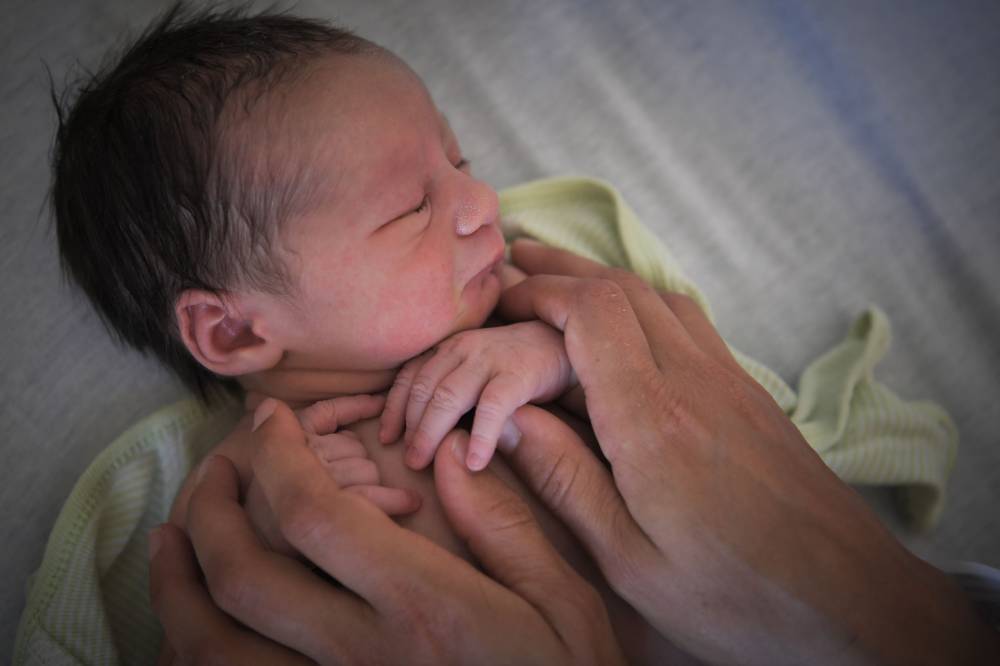Children are not celebrities: Stop posting photos of minors on the internet

I could not stress enough the amount of baby photos I scroll through daily on social media apps such as Instagram, YouTube, TikTok, and predominantly in the Philippines—Facebook. It would take me about five minutes to look through my Facebook feed before I begrudgingly set my eyes upon a baby in diapers, laughing and dancing, unbeknownst to their parents recording them through their phones. Eventually, I would brush this off, thinking that a light-hearted, cute post about someone’s energetic kid couldn’t hurt anyone.
Everyday mundane tasks such as getting ready for school, playing with friends, or eating their favorite kiddie meal at Jollibee or McDonald’s seem harmless enough to the regular social media enjoyer. But toddlers posing in their bathing suits on a hot summer day or babies who are innocently lying on their cribs, half-naked and exposed for the whole world to see, rubs me off the wrong way. No matter what they do, children could never take a break from social media exposure without a phone being shoved to their faces by parents who are absorbed in their every breath, not knowing that such an act would be detrimental to their privacy and, most notably, a potential risk to their identity.
The phenomenon has become so common that renowned Wall Street journalist Steven Leckart felt the need to create a new definition for the emerging trend. The term “sharenting” is a perfect term to describe doting parents who unintentionally or intentionally overshare their children’s lives on the internet.
Just last February, the Council for the Welfare of Children, an agency that creates laws about the welfare of children, alerted parents to avoid posting unnecessary pictures of their young ones on social media, as there may be a chance for artificial intelligence to steal these photos and generate child-abusive content without their knowledge. It makes one think about the thousands of child photos that are being circulated on the web and how it only takes one click to easily have access to a child’s innocent photo, only for it to be used as sexual, explicit material.
A child rights group warned parents in 2020 to avoid participating in the #dropyourbeautifuldaughterchallenge as a simple, wholesome hashtag could be a downward spiral for child sexual exploitation and abuse. Even a minor who is fully clothed and well-groomed is prone to be stored in a stranger’s photo gallery anytime, anywhere.
To think that some parents out there would go to great lengths to make their children the star of the show, without realizing that their privacy has been stripped away since the day they were born.
They’ll never know what it’s like not to have their boundaries crossed, just because they were never taught about it in the first place. If only they were taught to say “No” every time the camera starts rolling, or that they dare to answer back instead of staying silent whenever they are being forced to smile at the camera for positive-seeking validation from unfamiliar people who don’t seem to care as much.
Shouldn’t we be concerned that these so-called influencer parents are getting out of control?
Shouldn’t we feel a sense of dread whenever photos of children are posted online? I firmly believe that most, if not all, parents owe their children an apology for breaching their right to privacy, their right to protection, and most importantly, the right to safety from whom they depend the most.
With the lack of laws that surround child privacy, France decided to take a step further and become the first country to address this prevalent issue by implementing the children’s image rights law, which prevents these kinds of circumstances from happening again. Hopefully, not too far from now, the government will be able to address these same issues and implement the necessary laws to further diminish the act of “sharenting” once and for all. But knowing that this process would take some time, the only option that’s left, dear parents, is to start by deleting your child’s photos from the face of the internet.
Joyce Lorraine D. Mina,
University of the Philippines Baguio

















